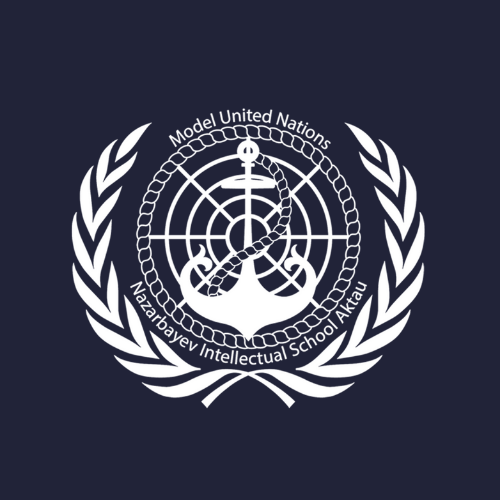In the 21st century, everything is viewed through the prism of globalization. This process changes the sense of culture and identity, which leads to the large-scale reconstruction of human consciousness.
A century ago, studying, working abroad was considered a crazy, impossible dream, available only to a select few. Opportunities for career growth and education were limited within the country, and people had to be content with what was accessible. But currently, universities and workplaces accept international students and professionals, provide an opportunity to develop and show their potential. For example, there were 1,075,496 international students in the United States in 2019-2020, compared to 565,039 students in 2004-2005.
Our everyday life is full of discoveries: we find vaccines against diseases, hold international conferences, and become part of future history. For example, recently, we all witnessed the first trials of coronavirus antidotes. The American-German coronavirus vaccine Pfizer-BioNTech was approved in Saudi Arabia and urgently applied in the United States. It is a historic moment because humanity is fighting the pandemic as a whole and is looking for the quickest and most effective way to end this ordeal.
Globalization manifests itself not only on a global, mass scale but also in small changes within a particular culture. For instance, domestic violence in Kazakhstan has received widespread publicity in the past years. People see that the established mentality of shame only harms and suppresses people who have no voice in the family. Kanat Beisekeyev, a Kazakhstani documentary film director, released his film “The Wife” on January 15, 2021, raising a topic of violence that had been hushed up for years. Now we see that the issue of violence, inequality, and sexism in Kazakhstani society has become more relevant than shameful as it was before.
Globalization affects medicine, education, politics, economics, and many other aspects of everyday life. It sets rules all over the world and has a significant impact on people’s minds. As Kofi Annan, former UN Secretary-General, said, “It has been said that arguing against globalization is like arguing against the laws of gravity.” We cannot stop the influence of globalization, even if we want to.
